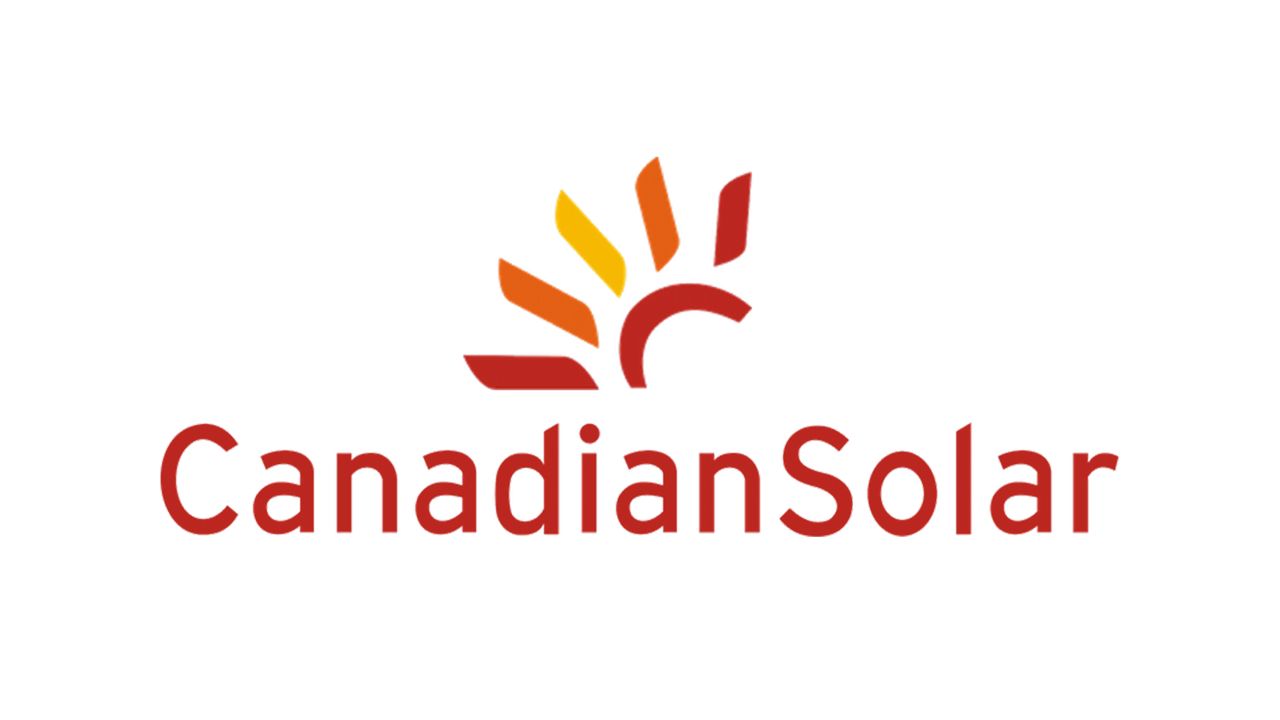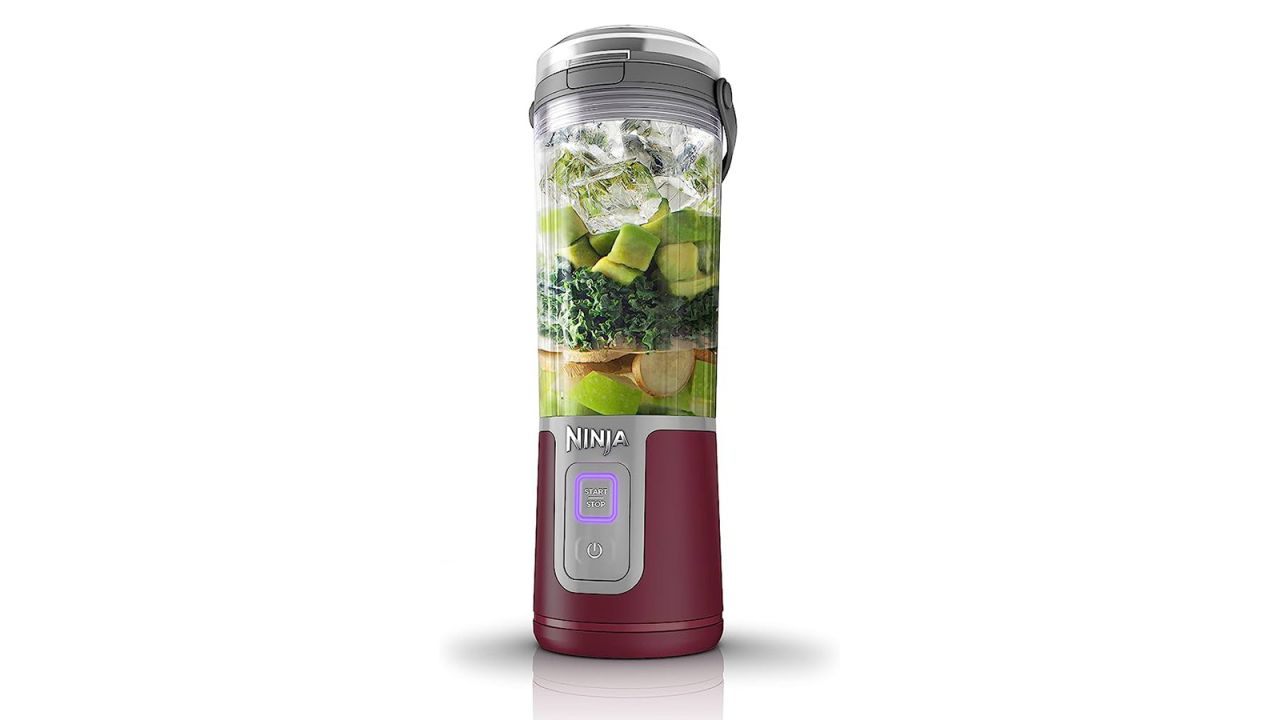Canadian Solar

Canadian Solar manufactures panels that boast some of the highest power output in the solar industry, at up to 450 watts. High efficiency and affordable prices make this solar installer a top contender for solar installation.
Our rating: 3.8 out of 5
Best for: Power output
Average cost per watt: $2.88 per watt
Canadian Solar at a glance
Canadian Solar produces some of the most efficient solar panels in the business, backed by industry-average product and performance warranties.
Fast facts
- The Canadian-based company was founded in 2001 by Dr. Shawn Qu and now installs solar panels in more than 160 countries.
- Canadian Solar ranks as one of the largest solar panel manufacturers worldwide.
- The company’s solar panels are among the most efficient in the industry, reaching outputs of 450 watts.
What we like
Canadian Solar is a top company in terms of power output and efficiency. Its residential solar panels can produce 450 watts, which ranks it among the top solar panel providers. The company’s solar panels have efficiency ratings that reach as high as 23%, the highest efficiency rating of any residential solar panel.
What we don’t like
Given the impressive efficiency of its solar panels, we’d expect Canadian Solar to be near the top when it comes to power output warranty. That isn’t the case. The company’s output warranties range from around 85% to 87% in year 25. While that’s not bad, it’s below the 92% output guarantee that other solar companies offer.
Canadian Solar pros and cons
With panels that offer efficiency ratings that exceed 22%, Canadian Solar’s panels put out more power per square inch of surface area than most other solar panels. This efficiency makes Canadian Solar ideal for people with limited roof space. Because the company is one of the largest solar panel providers in the world, you can expect it to honor its 25-year output warranties.
However, while Canadian Solar’s efficiency and financial stability place it among the top solar panel companies in the world, its warranties lag. Canadian Solar guarantees its 84% to 87% output in year 25 and its 12-year product warranty. Both lag the 92% 25-year output warranties and 25-year product warranties other top solar panel companies offer.
Pros
- High output equals few panels needed
- Financially stable company
- Also makes batteries and inverters
Cons
- Average output warranty
How much does Canadian Solar cost?
Because Canadian Solar sells solar panels through licensed dealers, it’s difficult to gauge their cost. The company’s solar panels are more expensive than others, but their high efficiency means you won’t need as many to fulfill your home’s energy needs.
You’ll pay around $2.88 per watt, with prices depending on your roof type and your geographic location. This price is slightly above the $2.82 average-per-watt cost for an installed U.S. residential solar system. You can expect to pay around $17,280 for the average 6 kW solar system. That price doesn’t include the federal government’s 30% solar tax credit.
|
Average cost
|
|
|---|---|
| 4 kW | $11,520 |
| 5 kW | $14,400 |
| 6 kW | $17,280 |
| 7 kW | $20,160 |
| 8 kW | $23,040 |
| 9 kW | $25,920 |
| 10 kW | $28,800 |
* Cost information based on the average cost per watt of $2.88. Prices may vary; contact Canadian Solar for the most accurate price quote.
Canadian Solar products and services
Canadian Solar offers three residential solar panel product lines: the top-of-the-line TOPHiKu6, the more affordable HiKu6 and the sleek All-Black panels. In addition to solar panels, the company makes string inverters and a line of solar batteries called EP Cube.
|
Offered?
|
|
|---|---|
| Solar panels | Yes |
| Solar shingles | No |
| Microinverter | No |
| String inverter | Yes |
| Solar battery | Yes |
| Power production guarantee | 25 - 30 years |
| Workmanship warranty | 12 years |
| Solar battery warranty | 10 years or 6,000 cycles at 80% initial capacity |
| Micro inverter warranty | N/A |
What types of solar panels does Canadian Solar have?
Canadian Solar offers a range of solar panels for residential, commercial and utility use. The panels boast high energy outputs, with some designed for residential use producing as much as 450 watts.
Canadian Solar panels are average in power output warranty coverage and degradation rates compared to other solar panel companies. However, the company has some of the highest-performing solar panels on the market, with efficiency ratings that exceed 21% and low temperature coefficients, which means they operate efficiently when temperatures climb above 77 degrees Fahrenheit.
The table below compares Canadian Solar’s solar panels, their power capabilities and efficiencies.
|
Power output
|
Efficiency
|
Temperature coefficient
|
Annual degradation rate
|
|
|---|---|---|---|---|
| TOPHiKu6 (CS6R-T) | 425 - 450 watts |
23.20% |
-0.29% |
0.40% |
| HiKu6 (CS6R) | 400 - 420 watts |
21.70% |
-0.34% |
0.55% |
| HiHero | 420 - 445 watts |
22.80% |
-0.26% |
0.35% |
| All-Black | 380 - 405 watts |
20.70% |
-0.34% |
0.55% |
Canadian Solar solar batteries
Along with solar panels, the company sells a line of solar batteries and string inverters to go with its residential systems, eliminating the need to find them elsewhere.
Canadian Solar offers residential energy storage through its line of EP Cube batteries. Energy storage for these batteries ranges from 9.9 kWh to 19.9 kWh, with maximum continuous power ranging from 5 kW to 7.6 kW.
Retail prices for the batteries range from around $7,500 to more than $20,000, depending on the size of the system. However, you can often find them on sale. Because EP Cube batteries have a modular design, adding more batteries to the system at any time is easy. They also come with an excellent warranty, which guarantees at least 80% initial capacity for up to 10 years or 6,000 cycles. Unfortunately, Canadian Solar doesn’t designate its battery sizes with distinctive names, just by capacity.
|
Type of solar battery
|
Solar battery size
|
|
|---|---|---|
| EP Cube | Lithium Ion Battery |
9.9 Kwh |
| EP Cube | Lithium Ion Battery |
13.3 kWh |
| EP Cube | Lithium Ion Battery |
16.6 kWh |
| EP Cube | Lithium Ion Battery |
19.9 kWh |
Canadian Solar inverters and micro inverters
Along with solar panels and a solar battery, Canadian Solar produces a line of inverters, including two for residential use. Its residential inverters come in 5 kW and high-output 7 kW to 9 kW models and have high max efficiency ratings of at least 98%.
|
Type of inverter
|
Efficiency
|
|
|---|---|---|
| CSI-9K-S22003A-E | 9 kW String Inverter |
98.1% |
| CSI-7K-S22003A-E | 7 kW String Inverter |
98.1% |
| CSI-5K-S22003-E / 5 kW | 5 kW String Inverter |
98% |
Canadian Solar solar panel performance
Canadian Solar manufactures three solar panel product lines for residential use: TOPHiKU6, HiKu6, All-Black and HiHero. Its HiKu6 solar panels use monocrystalline cells with PERC technology and come in power outputs ranging from 400 to 420 watts for the model’s residential sizes (Canadian Solar also makes larger versions of the HiKu 6 for commercial use that go up to 625 watts).
Its All-Black solar panels — with a black back sheet and frame that allows them to blend more seamlessly with the roof — have power outputs ranging from 380 to 405 watts.
Canadian Solar’s BiKu and BiHiKU solar panels can receive light on both sides of the panel. This double-sided design allows the panels to generate up to 30% more energy than single-sided mono-facial solar panels. Since these panels collect sun from both sides, they must be mounted at an angle — instead of flush against a roof — to work. That installation requirement, coupled with their large size (the panels are about 2 feet longer than the average residential solar panel) limits them to mainly commercial use.
Canadian Solar’s panels are among the highest-performing in the industry, with efficiency ratings hovering around 21%. Their degradation rate is average, between 0.4% and 0.55%, depending on the panel.
Canadian Solar product warranties
Canadian Solar backs its solar panels with product and power output warranties. The latter guarantees panel output at between 85% and 89% in year 25, which is about average in the industry.
Some competitors, including Panasonic, Maxeon and REC Solar, offer output warranties that guarantee power output of as much as 92%. Canadian Solar covers its high-end TopHiKu6 solar panels with a power output warranty that guarantees at least 87.4% power output in year 30, a longer output warranty than most solar panel companies.
Canadian Solar’s warranty for materials and workmanship is 12 years, which is the industry average but below the 25-year coverage that solar companies such as Mission Solar, Panasonic and REC Solar offer.
How does Canadian Solar compare with competitors?
Canadian Solar is among the leaders in performance, with all of its solar panels posting efficiency ratings of around 22%. So, you’ll get more power per square inch of the solar panel than those made by panels with lower efficiency ratings.
That data makes Canadian Solar a sound choice for those with limited roof space. However, we wish the company’s warranties were stronger. Its output warranty is about average among solar panel companies, and its 12-year product warranty doesn’t match the 25-year warranties offered by some of its competitors, including those of Mission Solar and Panasonic.
Canadian Solar vs. competitors
|
Our score (out of 5 stars)
|
Annual degradation rate
|
Panel types offered
|
|
|---|---|---|---|
| Canadian Solar | 3.8 |
0.35% - 0.55% |
Monocrystalline, HJT, PERC, n-type, Bifacial |
| Panasonic Solar | 5.0 |
0.25% - 0.5% |
Monocrystalline, HJT, PERC, IBC, p-type, n-type |
| Mission Solar | 4.5 |
0.40% - 0.58% |
Monocrystalline, PERC |
| Jinko Solar | 4.2 |
0.40% - 0.60% |
Monocrystalline, PERC, n-type |
| ZNShine Solar | 3.7 |
0.40% - 0.55% |
Monocrystalline, polycrystalline |
| LONGi Solar | 3.6 |
0.40% - 0.55% |
p-type TOPCON, n-type TOPCON, n-type HJT, p-type HJT |
| REC Solar | 3.6 |
0.25% |
Monocrystalline, HJT, n-type, Bifacial |
Methodology
We evaluated, scored and ranked Canadian Solar based on extensive research done on the top national solar panel providers. We scored the top 15 solar panel companies based on 30 data points and 14 features. In total, we evaluated 170 solar panels, comparing wattage, price and durability to rank them.
















